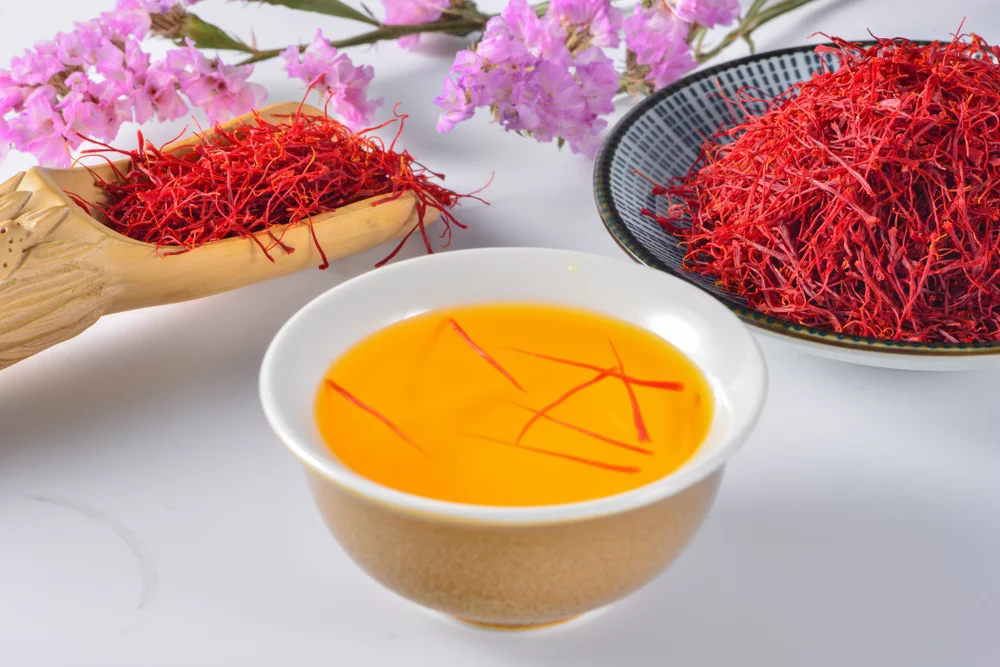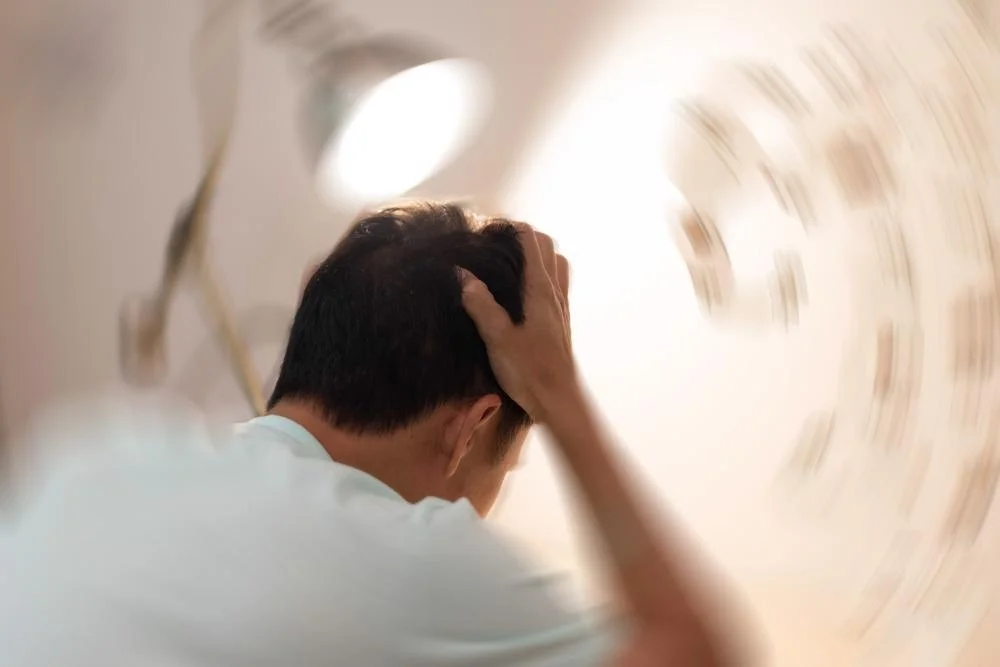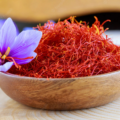Vertigo, Dizziness
Root Cause of Disease
Vertigo it is one of the type of Dizziness disease. Vertigo is a sensation of feeling off balance. If you have these dizzy spells, you might feel like you are spinning or that the world around you is spinning.
- Vertigo is a condition where a person has the sensation of movement or of surrounding objects moving when they are not.
- This may be associated with nausea, vomiting, sweating, or difficulties walking.
- It is typically worse when the head is moved.
- Vertigo is the most common type of dizziness.
There are two categories of vertigo: peripheral vertigo and central vertigo.
Peripheral vertigo: Peripheral vertigo is the most common type of vertigo. It occurs as a result of a problem in the inner ear, or the vestibular nerve, which controls balance.
Central vertigo: Central vertigo occurs as a result of a problem in the brain. It can be caused by a variety of different conditions, including:
- Stroke
- Brain tumor
- Migraine
- Traumatic brain injury
- Infection
- Multiple sclerosis
Symptoms
Vertigo is often triggered by a change in the position of your head. People with vertigo typically describe it as feeling like they are:
- Spinning
- Tilting
- Swaying
- Unbalanced
- Pulled to one direction
Other symptoms that may accompany vertigo include:
- Feeling nauseated
- Vomiting
- Abnormal or jerking eye movements (nystagmus)
- Headache
- Sweating
- Ringing in the ears or hearing loss
Causes
Common causes for vertigo include:
- Benign paroxysmal positional vertigo (BPPV): This is the most common cause of vertigo and creates an intense, brief sense that you’re spinning or moving. These episodes are triggered by a rapid change in head movement, such as a blow to the head.
- Infection: A viral infection of the vestibular nerve, called vestibular neuritis or labyrinthitis, can cause intense, constant vertigo.
- Meniere’s disease: When excessive fluid builds up in the inner ear, the result can be sudden episodes of vertigo that last for several hours.
- Migraine: Migraine-induced vertigo can last minutes to hours.
- Head or neck injury: Vertigo is a common symptom after a traumatic injury to the head or neck, especially if there is damage to the vestibular system.
- Medications: Certain medications can cause vertigo, along with other symptoms like dizziness, hearing loss, and tinnitus, or a ringing in the ears.
Home Remedies For Vertigo
Remedy-1: Ginger Tea
Materials : Ginger , Water

Procedure:
- Thinly slice your fresh ginger. You don’t need to peel it first, but do rinse it and scrub off any visible dirt.
- In a saucepan, combine the ginger with fresh water.
- Bring the mixture to a boil over high heat.
- Simmer for five minutes .
- Pour the tea through a fine sieve to catch all of the ginger.
Product Link: Ginger
Remedy-2: Saffron
Materials : Saffron, Water

Saffron is also known to boost the strength of the body and prevent over-accumulation of substances causing issues in the ear. You can add saffron to your food items or prepare saffron tea. This might benefit you in managing Disequilibrium .
Procedure:
- Boil the water in a kettle.
- Add a small pinch of saffron .
- When the water has boiled, count to ten, then pour it over the saffron. Let the water cool, steep for 5 minutes.
- Strain, and sweeten as desired.
Remedy-3 : Turmeric
Materials : Turmeric

Turmeric is used in traditional medicine for managing different conditions in humans and is used both internally and externally. You can apply the paste of turmeric externally on your forehead to lower the symptoms of vertigo.
Preventions
- Staying Hydrated Be sure to drink enough fluids throughout the day.
- Getting Enough Sleep Sleep deprivation can trigger episodes of vertigo.
- Eating a Healthy Diet Consuming nutritious, whole foods can help you feel better and maintain a healthy weight.
- Exercising can make you feel better overall.




